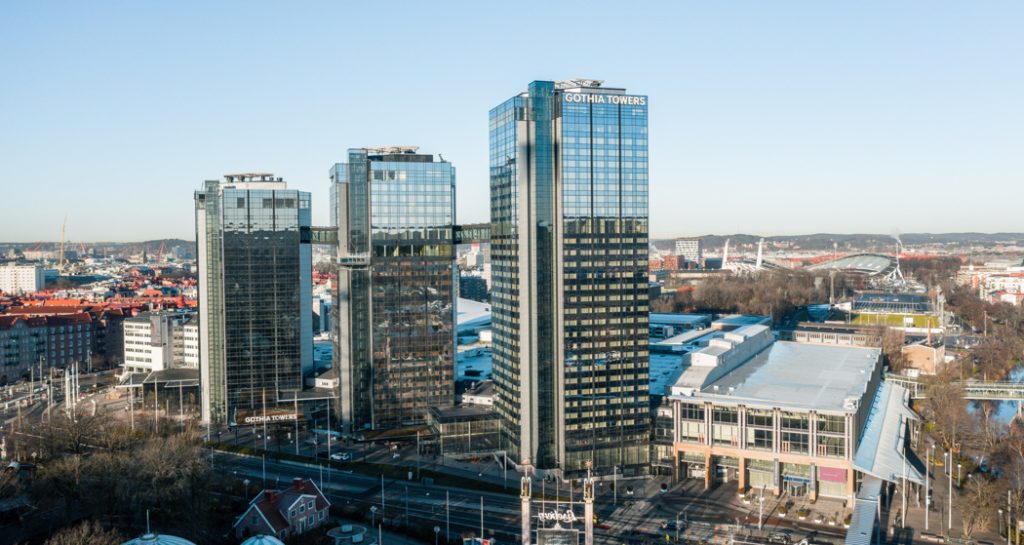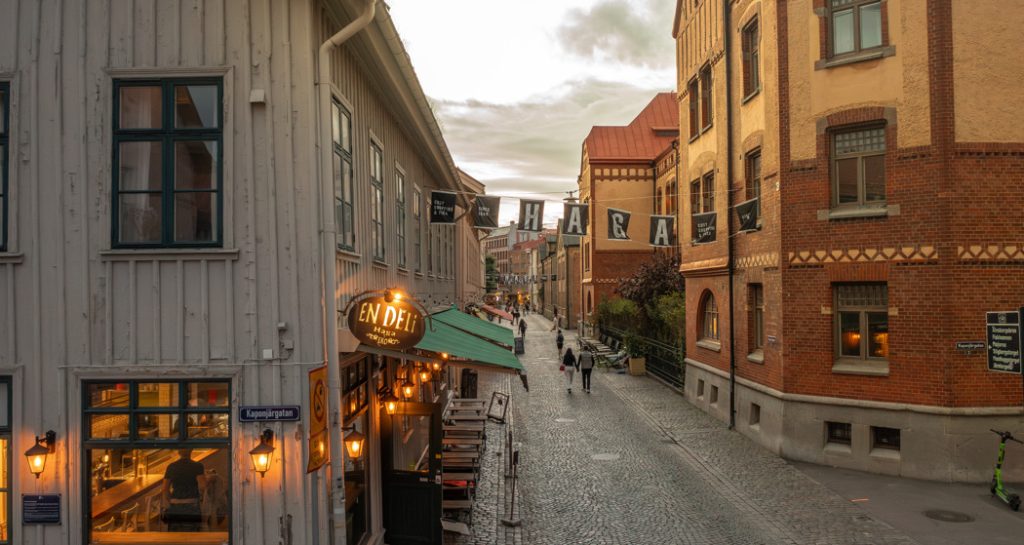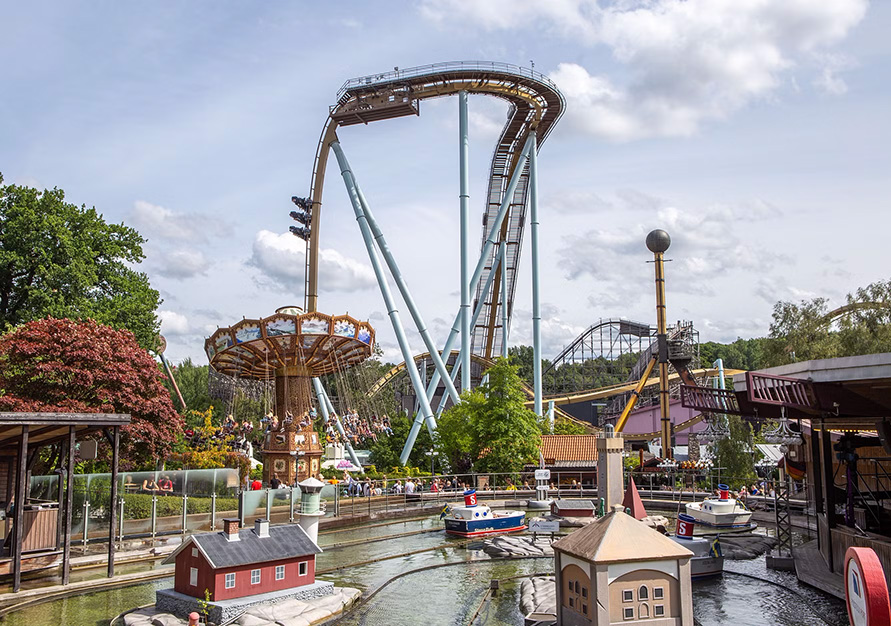Nordic Congress of Ophthalmology 2026
14-17/10- 2026
Svenska Mässan, Gothenburg (Sweden)
Gothenburg
Gothenburg, Sweden’s second-largest city, is located on the country’s west coast and is known for its maritime heritage, cultural institutions, and green spaces. Founded in 1621 by King Gustavus Adolphus, the city has a rich history shaped by trade, shipbuilding, and industry. Today, Gothenburg is home to prestigious universities such as Chalmers University of Technology and the University of Gothenburg, making it a hub for education and research. The city’s well-preserved canals, inspired by Dutch urban planning, add to its unique character, while the historic district of Haga offers a glimpse into 19th-century Sweden with its cobblestone streets and wooden houses.
Gothenburg, Sweden’s second-largest city, is located on the country’s west coast and is known for its maritime heritage, cultural institutions, and green spaces. Founded in 1621 by King Gustavus Adolphus, the city has a rich history shaped by trade, shipbuilding, and industry. Today, Gothenburg is home to prestigious universities such as Chalmers University of Technology and the University of Gothenburg, making it a hub for education and research. The city’s well-preserved canals, inspired by Dutch urban planning, add to its unique character, while the historic district of Haga offers a glimpse into 19th-century Sweden with its cobblestone streets and wooden houses.
Gothenburg is a center for arts and entertainment, with several renowned museums, including the Gothenburg Museum of Art, which houses an impressive collection of Nordic and European masterpieces. The city also has a strong music and theater scene, with venues like the Gothenburg Opera and Pustervik hosting performances year-round. For families and thrill-seekers, Liseberg, Scandinavia’s largest amusement park, is a major attraction, featuring roller coasters, concerts, and seasonal events. The city’s location by the North Sea also makes it a gateway to the Bohuslän archipelago, where visitors can explore picturesque islands, go kayaking, or enjoy fresh seafood in charming fishing villages.
Gothenburg is a center for arts and entertainment, with several renowned museums, including the Gothenburg Museum of Art, which houses an impressive collection of Nordic and European masterpieces. The city also has a strong music and theater scene, with venues like the Gothenburg Opera and Pustervik hosting performances year-round. For families and thrill-seekers, Liseberg, Scandinavia’s largest amusement park, is a major attraction, featuring roller coasters, concerts, and seasonal events. The city’s location by the North Sea also makes it a gateway to the Bohuslän archipelago, where visitors can explore picturesque islands, go kayaking, or enjoy fresh seafood in charming fishing villages.
Sustainability and innovation are central to Gothenburg’s identity. It has been ranked among the world’s most sustainable cities due to its efficient public transport system, eco-friendly urban planning, and commitment to renewable energy. The city is also an important center for industries such as automotive manufacturing, as well as a growing tech and startup scene. With its blend of history, culture, and modern development, Gothenburg offers a unique perspective on Sweden’s past and future.
Sustainability and innovation are central to Gothenburg’s identity. It has been ranked among the world’s most sustainable cities due to its efficient public transport system, eco-friendly urban planning, and commitment to renewable energy. The city is also an important center for industries such as automotive manufacturing, as well as a growing tech and startup scene. With its blend of history, culture, and modern development, Gothenburg offers a unique perspective on Sweden’s past and future.
AI generated information
Contact
Conference administration office
Akademikonferens
Phone: +46 18 671533 or +46 18 671003
Email: nok2026@akademikonferens.se
Important dates
Autumn 2025: Abstract submission opens
Spring 2026: Registration opens




